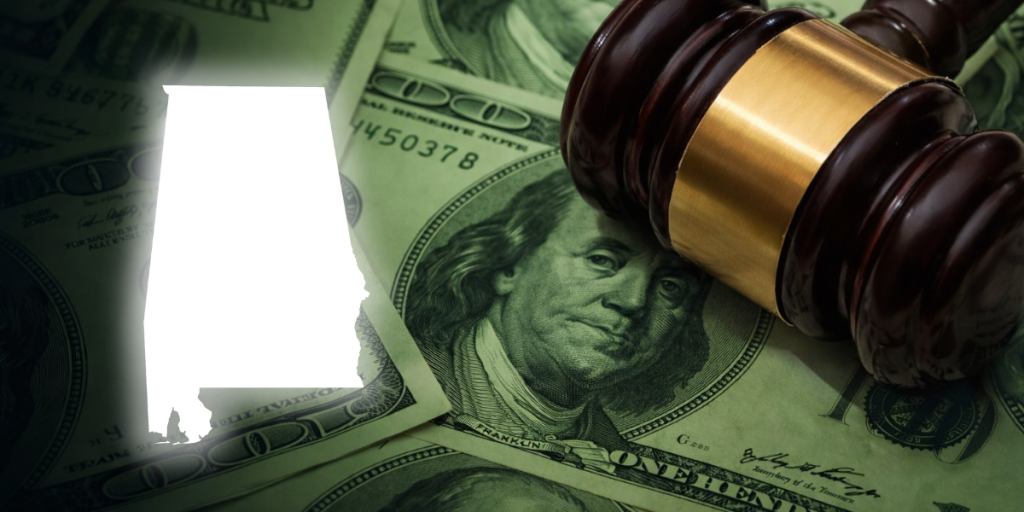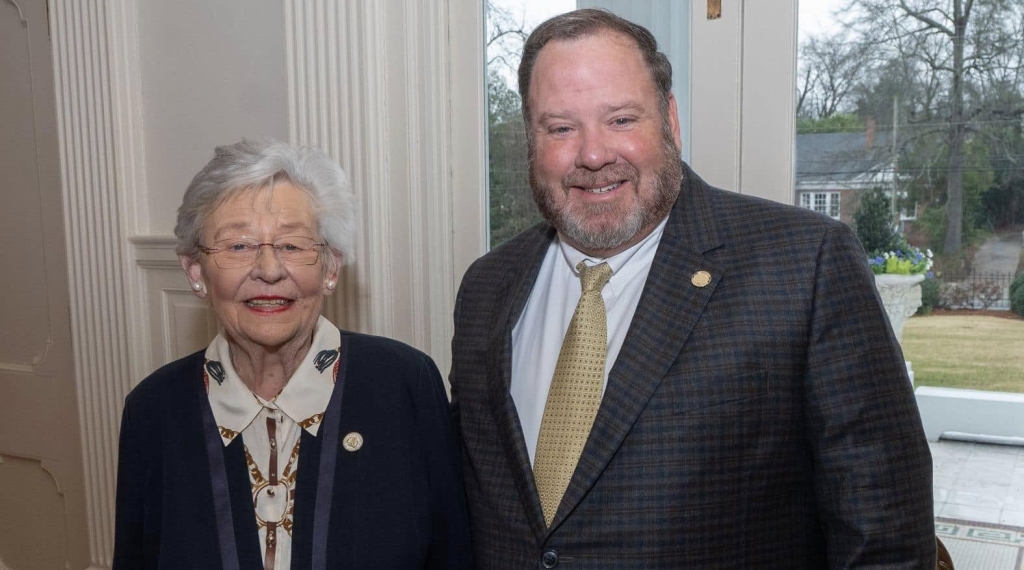The Alabama Independent Pharmacy Association (AIPA) is hoping the Legislature passes something that helps small and struggling pharmacies during the 2025 session.
State Rep. Phillip Rigsby (R-Huntsville) introduced a pharmacy reimbursement bill last session, but was unable to get it through because of strong opposition from groups like the The Alliance of Alabama Healthcare Consumers.
“Independent Pharmacies Call for Legislative Action to Combat PBM Practices in Alabama”
House Bill 238 would have required pharmacy benefit managers (PBMs) to reimburse in-network pharmacies for the cost of acquiring medication and also adds a dispensing fee set by the federal government and used in programs such as Medicaid.
AIPA spokesman Josh Hardin discussed the need for legislation Friday on WVNN’s “The Yaffee Program.”
“The basic crux of the issue is that what we’re dealing with is anti competitive behavior,” Hardin said. “So at its heart, it’s an anti trust issue. Essentially what a pharmacy benefit manager or a PBM is basically simply a middleman company. And so when your pharmacy decides to accept prescription drug insurance, their contract is issued by the PBM, and that contract sets their pricing, and then the PBM turns around and bills your insurance fund for the claims. But the big issue that we’re dealing with is that around 2007 these companies started to integrate. And so now the insurance company, the pharmacy benefit manager, and their own pharmacy operation are all under common common ownership.”
RELATED: Debate over pharmacy reimbursement bill expected to intensify
Hardin argued that the current PBM system in Alabama makes it almost impossible for small pharmacies to be able to compete with the big chains.
“And so their pharmacy operation that is under common ownership with the PBM is directly competing with your locally owned pharmacy,” he explained. “And so not only do they set the pricing for your locally owned pharmacy who they’re competing with, they’re setting their own pricing as well. And there’s more and more and more and more publicly available evidence that shows that they’re paying themselves very well, and they’re paying your locally owned pharmacy less and less. So they’re making gigantic revenues. And as an added bonus, they’re able to eliminate their competition with impunity.”
Hardin said the first step will be education lawmakers on the issue and the second step will be trying to pass a bill.
“We have draft language,” he said. “We don’t have have anything filed as of yet, but we are really working to educate the legislators on this. I think that the the impression that the average person, including the legislator, forms, is that the rates that pharmacies are being paid are simply in the name of saving the system overall costs. You know, drugs are just expensive, and independent pharmacies really just can’t buy well enough. But the reality is that you’ve got pharmacies that are being paid a gross of 55 cents for a 30 day supply of medicine, and that’s certainly not what the PBM is turning around and billing.”
Yaffee is a contributing writer to Yellowhammer News and hosts “The Yaffee Program” weekdays 9-11 a.m. on WVNN. You can follow him on Twitter @Yaffee













